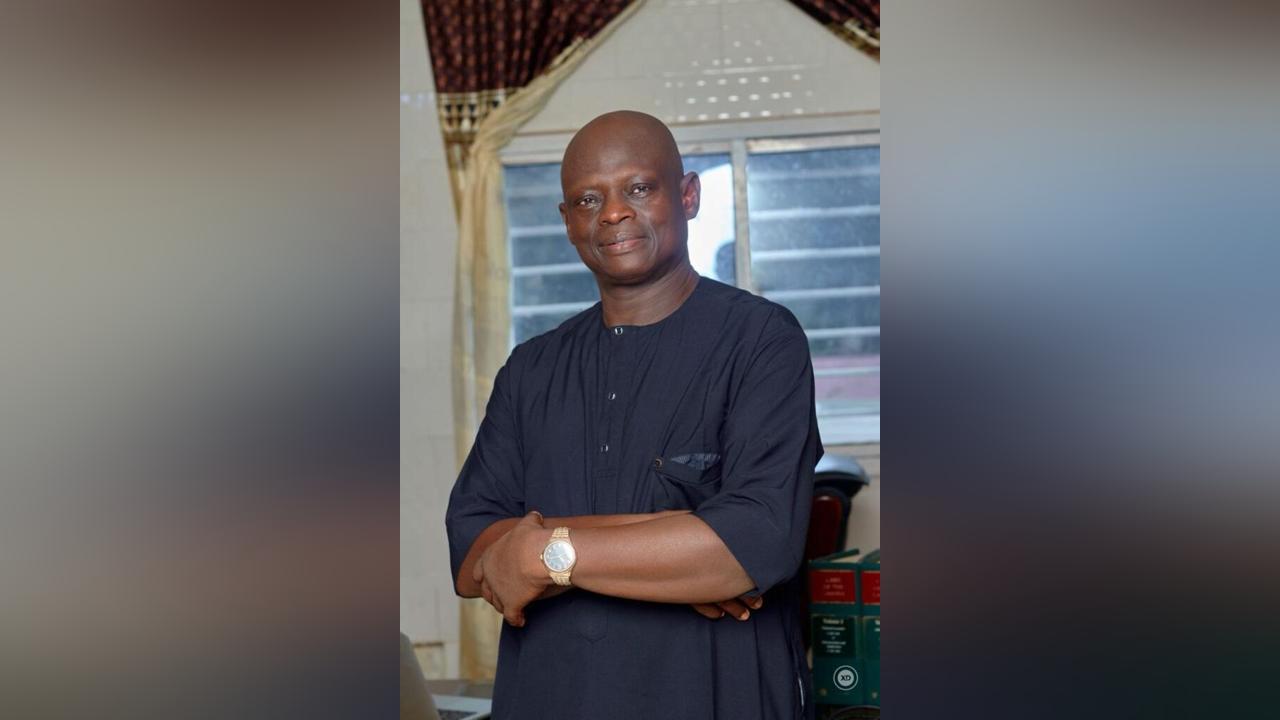Africa-Press – Gambia. Human rights lawyer and former United Democratic Party (UDP) flag bearer aspirant, Lamin J. Darboe, has said that his decision to leave the UDP was driven by concerns over entrenched leadership and the lack of internal democracy within the party.
Speaking in an interview with The Fix on Teledal TV, Darboe said the culture of long-term leadership in Gambian political parties contradicts democratic principles and limits opportunities for renewal and inclusion.
“Well, I think effectively it is the culture of overstaying in power. It’s very important. When we talk about overstaying, we talk in terms of political leadership, that is, the presidency,” Darboe stated. “But obviously, political leaders or political party leaders staying as leaders of their parties for decades is something that needs to be looked at. Yes, you cannot do the same thing every time and expect different results. So you reach a point where you decide whether you want to be part of a system like that,” he said.
Darboe argued that prolonged leadership within parties not only stifles competition but also creates environments resistant to change. “If at the national level you are advocating something different from what you are advocating within your party, then it is very difficult to deal with that conundrum,” he said.
He added that internal partisanship often reinforces this problem. “Partisanship can exist between parties, but it can exist within parties as well. Those who are pro-leader, whatever you do, they are happy with it; those who think the space should be open for everybody, so that is important, I believe the space should be open,” he noted.
Drawing comparisons with international democracies, Darboe said extended tenures in party leadership are rare in established democratic systems. “I mean, I lived in the United States and the UK; I have not seen any political leader, whether you are the President of the United States with your party in office or the Prime Minister of the United Kingdom with your party in office. It is very rare for them to go beyond three terms. If you lose the elections, you may get a chance—that is, maybe. If you lose it again, you will go. The leadership would change,” he explained.
Darboe further criticized the inconsistency between the country’s democratic ideals and the realities within its political organizations. “We say we are a democratic people, a democratic country, but we don’t want to practice that democracy within our political parties. I don’t understand,” he lamented.
He emphasized that the issue of overstaying in leadership is not unique to the UDP but a broader problem across Gambian political parties.
“All of the political parties that are over 20 years old have this problem. The leaders who were there 20 years ago are still there today. 25, 30 years ago are still there today; that is not the natural way to do politics,” he concluded.
For More News And Analysis About Gambia Follow Africa-Press






